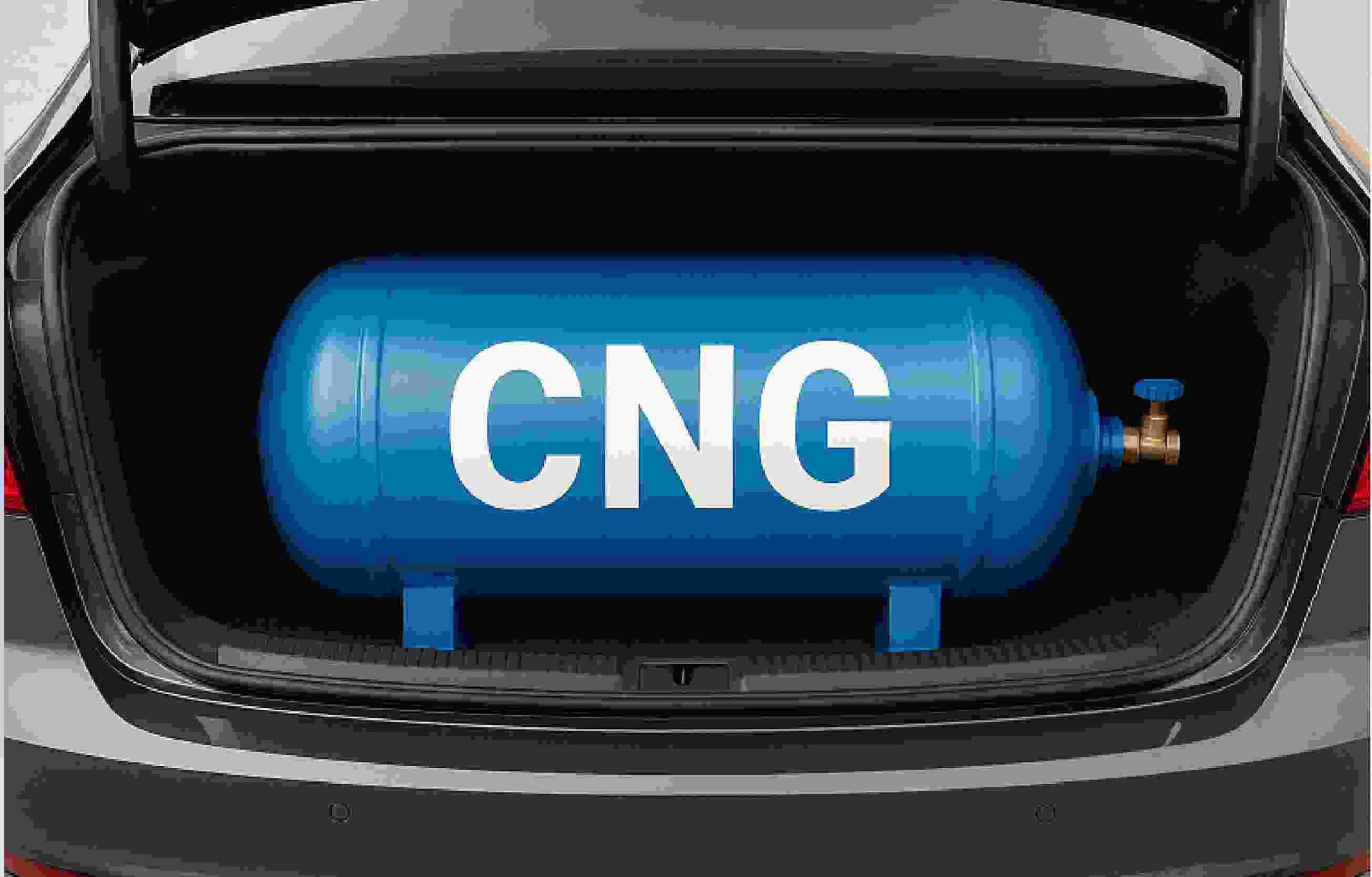Nigeria is actively developing a comprehensive infrastructure to support renewable CNG and alternative fuel adoption. Several key infrastructure projects that aim to address critical impediments to a cleaner energy transition in Nigeria are slated for completion mainly between late 2025 and 2026.
These projects, including Midstream and Downstream Gas Infrastructure Fund (MDGIF) Projects, have real-world challenges. However, they are expected to have impacts, benefits, and capacities.
Scheduled Renewable CNG or Alternative Fuel Projects
FEMADEC Energy Limited, building 20 CNG refuelling stations across Nigerian universities, is probably most notable. At least 5 stations have already been commissioned at universities like Obafemi Awolowo University and Ahmadu Bello University. Additional stations are expected by December 2025.
- New Decision for Maryam Sanda as She Gets 12 Years

- China-Nigeria Sign $400m Deal to Boost Steel Production

- Ramping up Renewables in Nigeria After UN Emission Report

Asiko Energy Holdings is constructing a major LNG and LPG terminal in Ijora, Lagos, with 13,200 MT LNG and 5,000 MT LPG/propane storage capacity. Scheduled for commissioning in Q3 2026.
Topline Limited is developing a 5 million standard cubic feet per day mini-LNG plant in Oghara, Delta State, targeted for completion by Q4 2025.
Ibile Oil and Gas Corporation is establishing 15 CNG refuelling stations in Lagos, about 60% complete and expected operational by Q4 2025.
Rolling Energy Limited and Nsik Oil and Gas Limited is building multiple CNG and LCNG refuelling stations across Abuja, Kano, Kaduna, and Borno, planned for commissioning in Q1 2026.
These projects aim to expand affordable cleaner fuel infrastructure, lowering energy costs, improving energy security, stimulating industrial growth, and creating jobs.
Presidential Compressed Natural Gas Initiative (PCNGI) “10 for 10” Campaign from January 16 to March 31, 2025, was a measure to encourage fueling conversion. It targeted 10,000 commercial vehicles in Abuja and Lagos.
The initiative further focuses on expanding refuelling stations, increasing LNG and LPG storage capacities and strengthening regional gas connectivity. They promise lower energy costs, reduce emissions, increase energy independence, and create employment.







